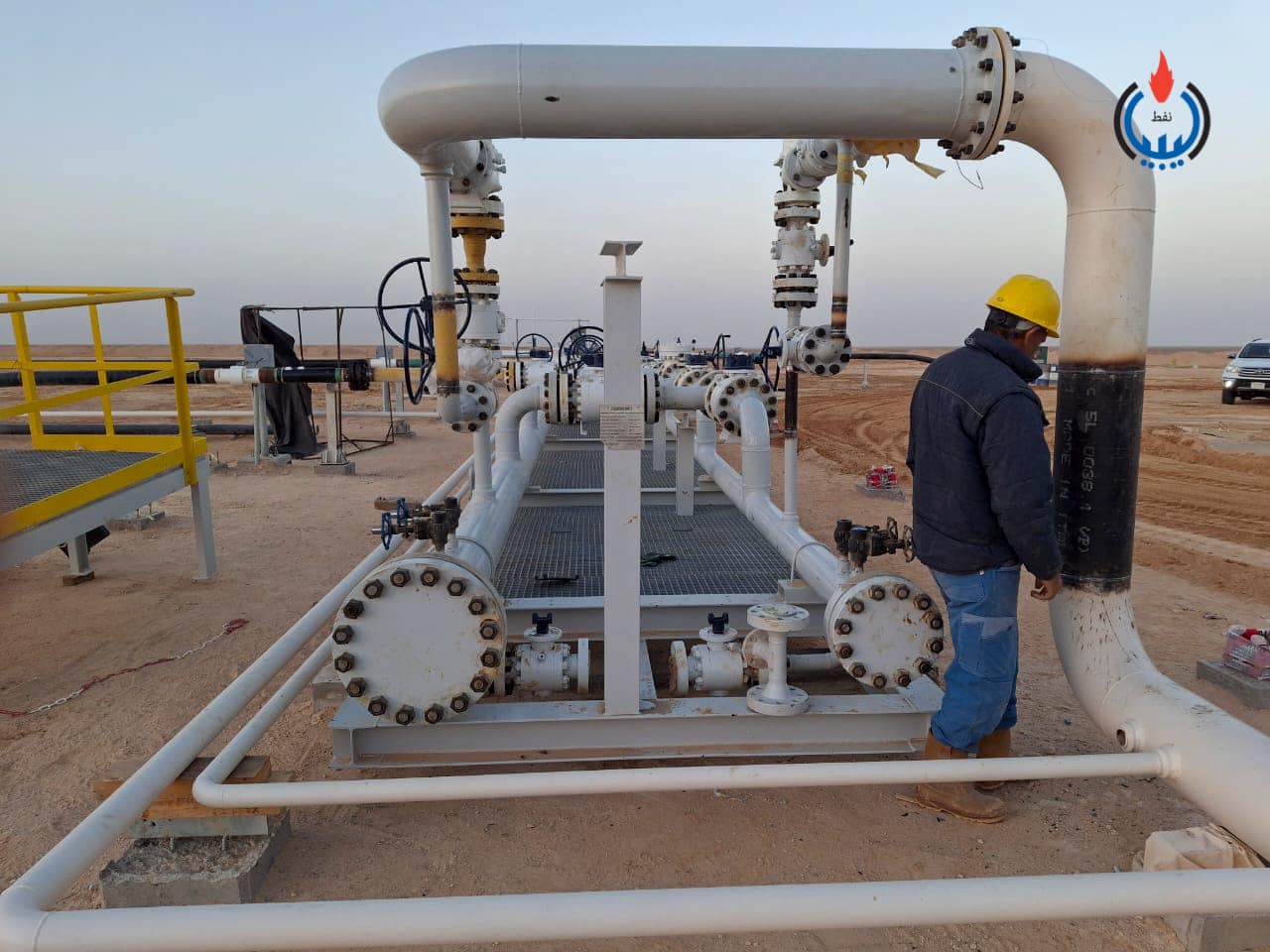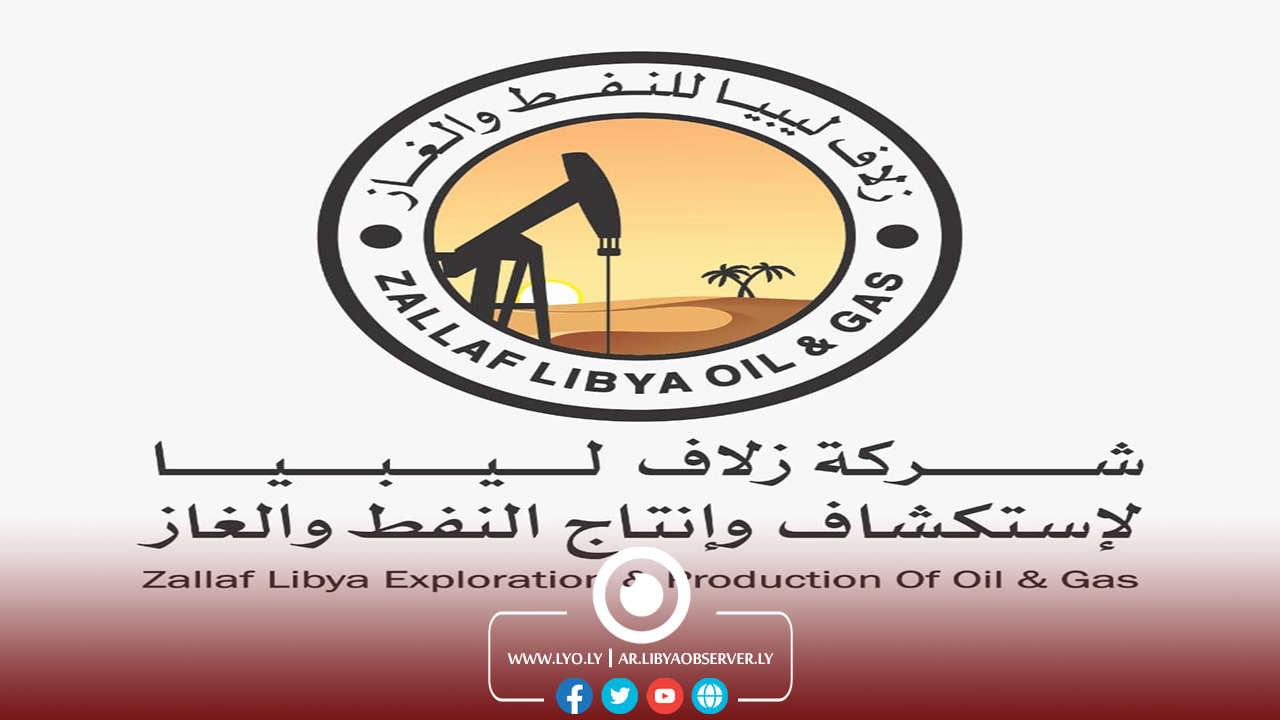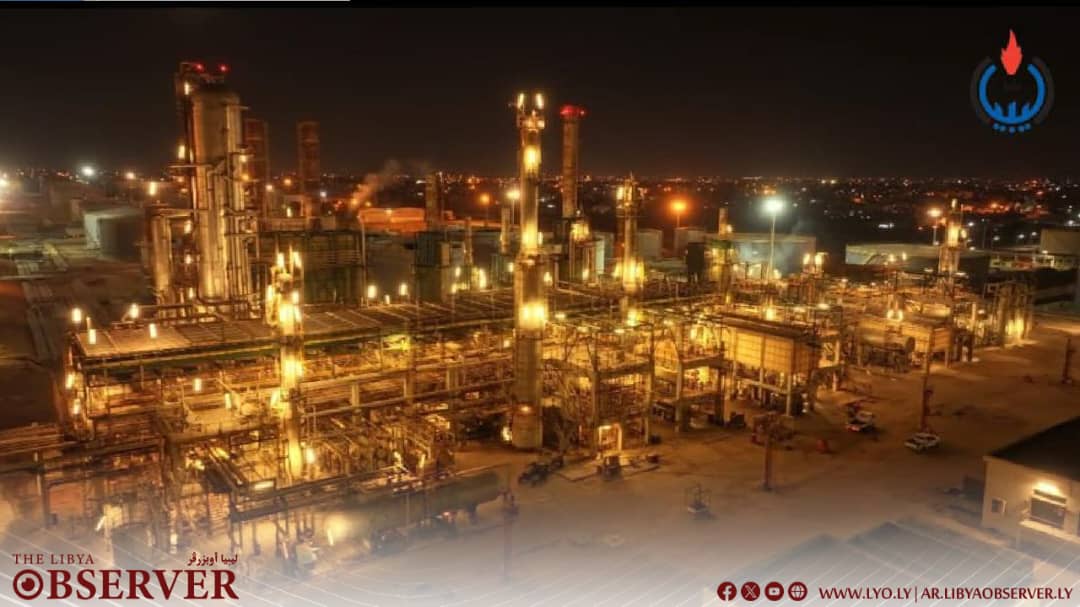



On January 7, 2025, Zallaf Oil and Gas Company officially commenced production at the Al-Shadar oil field, located in the Sirte Basin southeast of Ajdabiya. The initial output from well A1/A is reported to be 1,500 barrels of crude oil and over 7.5 million cubic feet of natural gas daily. This launch is seen as a significant milestone in the National Oil Corporation's (NOC) broader strategy to enhance Libya's oil production and support economic recovery after years of conflict [403bb28d].
In conjunction with this development, the NOC had previously announced the successful completion of the annual overhaul of the Zawiya Oil Refinery on October 5, 2024. This maintenance was crucial for ensuring optimal operation and productivity of the refinery, which included extensive work on various refining units and thorough inspections of critical components. The NOC confirmed that the overhaul was completed on schedule, highlighting the collaborative efforts of multiple departments within the company [d4d29fa4].
Meanwhile, Zallaf Libya is advancing preparations for the Southern Libya Refinery Project. A specialized team recently inspected the site, focusing on infrastructure developments such as a three-kilometer access road, a residential camp, and a water well. They also assessed the fuel pipeline supplying the Ubari power station to ensure readiness for crude oil supply from the Sharara field. Smart detector equipment is set to be dispatched in early January 2025 for pipeline safety inspections, in collaboration with Libya Technology Company [2bb6b6e5].
On January 26, 2025, Zallaf Oil Company successfully thwarted a phishing cyber attack. The company's cyber team detected the threat early and implemented urgent measures to neutralize it. Employees were advised to exercise caution with suspicious emails and links. This incident highlights the ongoing cybersecurity challenges faced by the Libyan oil sector, which has previously experienced attacks, including a notable incident on the Central Bank's foreign currency platform in April 2024 [ae20f409].
The Zawiya Refinery plays a vital role in Libya's oil production and refining capabilities, contributing significantly to the country's energy sector and overall economy. Regular maintenance is essential for ensuring that the refinery operates efficiently, especially in the context of fluctuating global oil prices and domestic energy demands [d4d29fa4].
The first phase of the Southern Libya Refinery Project was completed on June 26, 2024, following a contract signed with a US company on March 27, 2023. As Libya continues to navigate challenges in its oil sector, the successful launch of production at the Al-Shadar field, alongside the Zawiya overhaul and ongoing preparations for the Southern Refinery Project, represents positive steps toward enhancing productivity and stabilizing the energy market. The NOC's commitment to maintaining its facilities reflects its broader strategy to improve operational efficiency and support Libya's economic recovery [2bb6b6e5].